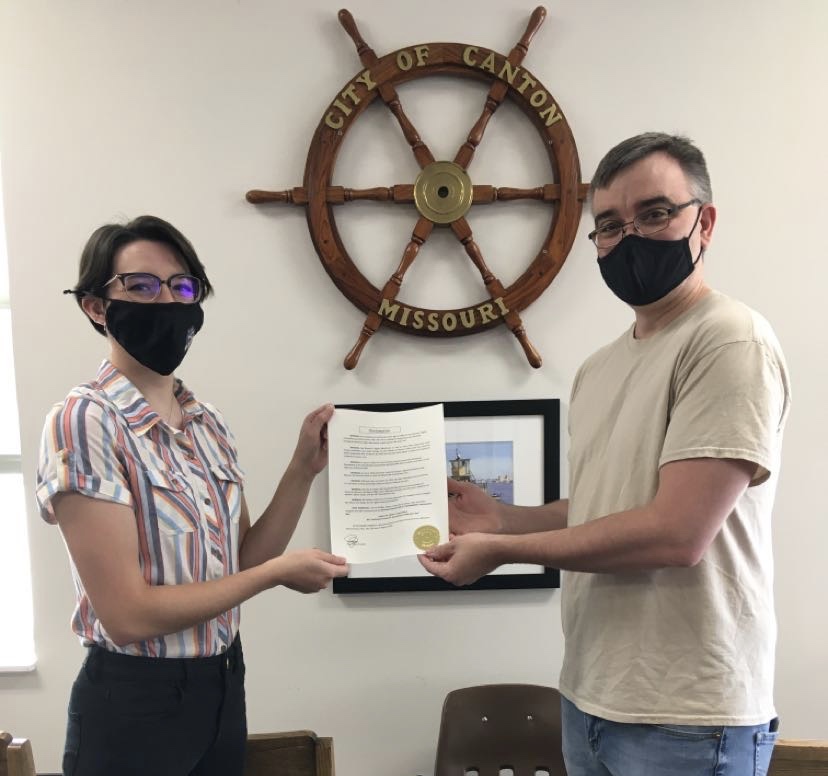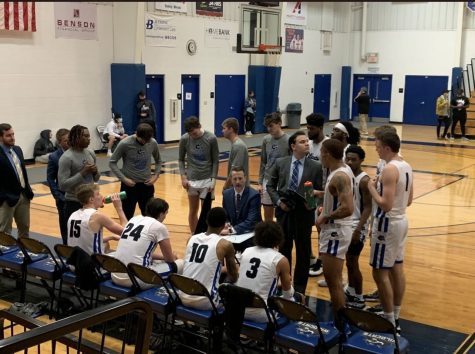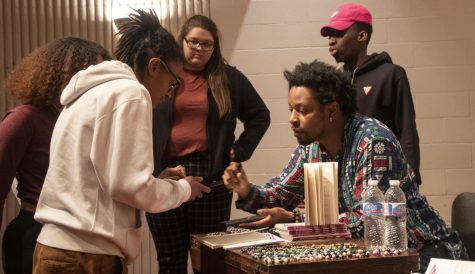History of Women’s Equality Day
Kenna Armstrong, a junior history education major, is the president of Women of Promise on the Culver-Stockton College campus. The Wildcat Wire asked her if she would give the history as to why Women’s Equality Day exists.
In the 19th century, the fight for women’s suffrage had begun. Susan B. Anthony, Ida B. Wells, and Elizabeth Cady Stanton became the faces of the early movement, eventually gaining the support of others across the country. What would become the 19th amendment was first proposed to congress in 1878.
The next major moment came on October 23, 1915. Led by Inez Millhound, Dr. Anna Shaw, and Carrie Chapman Catt, upwards of 20,000 women’s suffrage supporters paraded down 5th Avenue in New York City. Tensions were high but this garnered the attention needed to push the movement forward. By 1918, President Woodrow Wilson had shifted his support in favor of the 19th Amendment.
It finally passed through Congress in May of 1919, but thirty-six states were needed for ratification. Tennessee was the thirty-sixth state to do so on August 18, 1920. Just over a week later, on August 26th, Secretary of State, Bridgebain Colby issued the official proclamation. Women now had the right to vote. However, the fight was not over. While 19th Amendment outlawed discriminating by sex, it did not address the issue of race. People of color continued to be barred from the polls until 1965.
August 26 continued to be a monumental day for women’s history. On the fiftieth anniversary of the 19th Amendment, over 100,000 women across the country marched in the Women’s Strike for Equality. Once again, the majority marched along New York’s 5th Avenue. They called for attention to be brought to equal pay and employment opportunities, health care, and a woman’s place in higher education. This is seen as a defining aspect of modern feminism.
In 1973, August 26th was officially recognized as Women’s Equality Day. It is a day to not only celebrate women’s accomplishments but also to bring attention to the ongoing issues. In 2020, on the 100th anniversary of the 19th Amendment and the 47th observance of the holiday, the fight is focused on accessible childcare, reproductive rights, sexual harassment, transgender rights, and overall equality.










